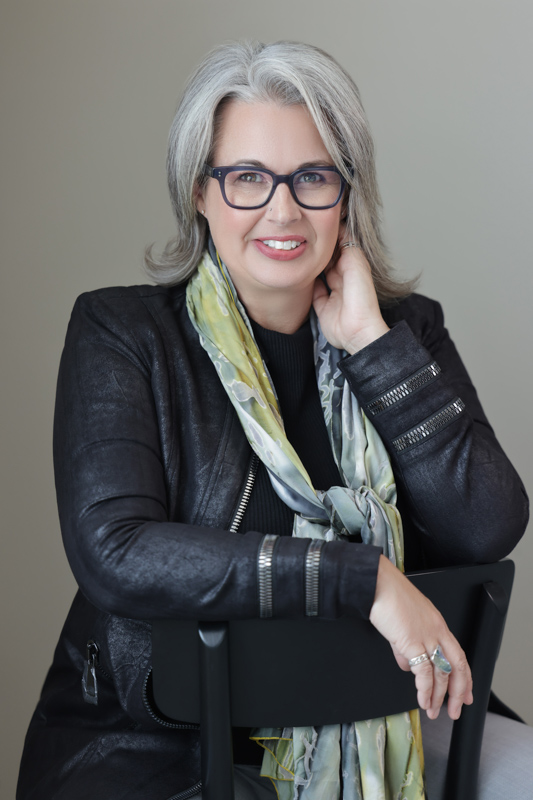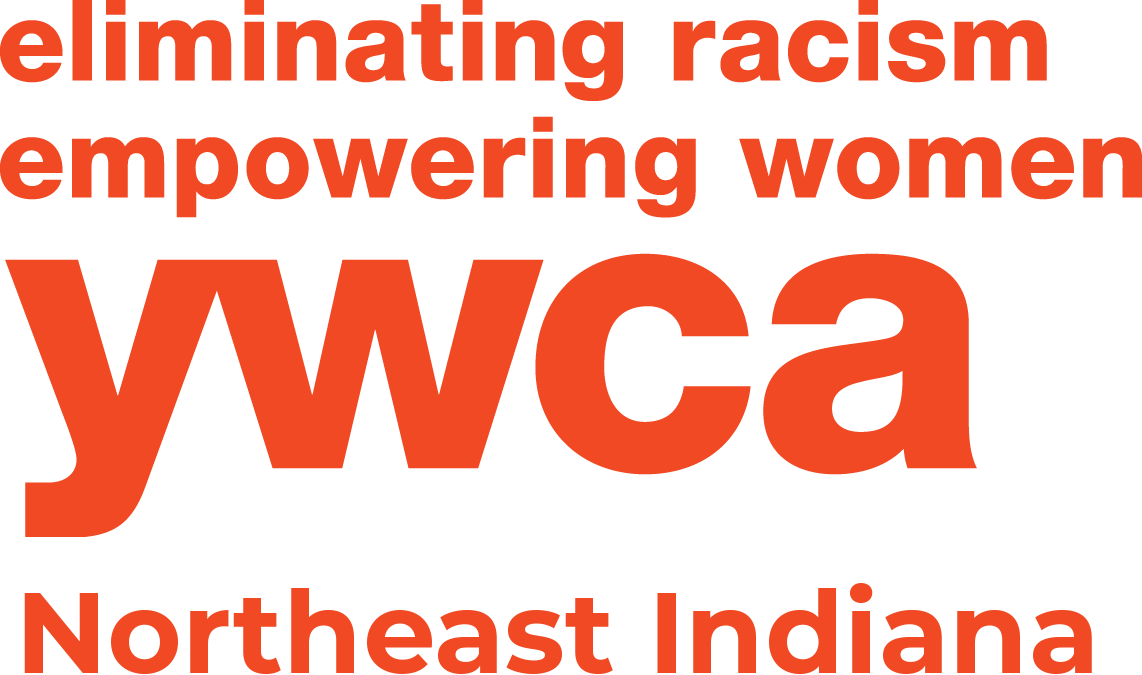
Meet Heather Miller.
Heather Miller is a licensed teacher and a business leader dedicated to serving children and adolescents, especially children who have experienced trauma. Heather is a survivor of childhood sexual assault and is dedicated to sharing the importance of integrating trauma-informed practices in all environments that serve children. As a classroom teacher, she emphasized self-determination and led her students to be critical thinkers and problem-solvers. She created a classroom that was safe, predictable, and encouraged students to take risks and experiment with self-expression. Today she is the founder and CEO of the nonprofit training and education group called The School Care Team. Her team provides suicide prevention, mental health promotion, and trauma-informed education for children, adolescents, and adults.
YWCA Asks: What does an “empowered woman” mean to you?
Heather: An empowered woman is a person who sees challenges as opportunities. Empowered women rise up against fear, use their energy to stand and speak for what they believe to be true, and influence changes that make the world a better place for all people. Empowered women are not fearless, but they are brave enough to push through fear to find personal healing and to support the healing of others.
YWCA Asks: In what ways do you feel you empower other women?
Heather: I try to live according to my values: integrity, authenticity, and grace. I do my best to allow others the space to grow by encouraging my friends and colleagues to take risks and consider the results as learning experiences, no matter what the outcome. We are always learning and growing as long as we remain self-aware and pay attention to how our actions impact others. I love working with other strong women and sharing ideas with women who are innovative and confident enough to speak honestly with each other.
YWCA Asks: Can you share a tidbit of information or an experience that may be of help to other women
Heather: I experienced some serious trauma when I was very young. My brain suppressed the memories until I was in my late 40s. The memories came back like a black tidal wave and I literally felt like I was drowning the night that I remembered. I felt confused, broken, and terrified. I knew I needed help to process whatever was happening to me. I called a therapist immediately and we started working to heal through counseling and EMDR therapy. I thought I could mend my mental wounds quickly through hard work. Like everything I do, I wanted to hit it hard and get past it. Years later I realize that healing is a life-long transition. I also know that doing the work it requires to heal from trauma is much harder than suppressing emotions. Processing my own trauma is something I am proud of. I own my own story, and the fear no longer controls me.
